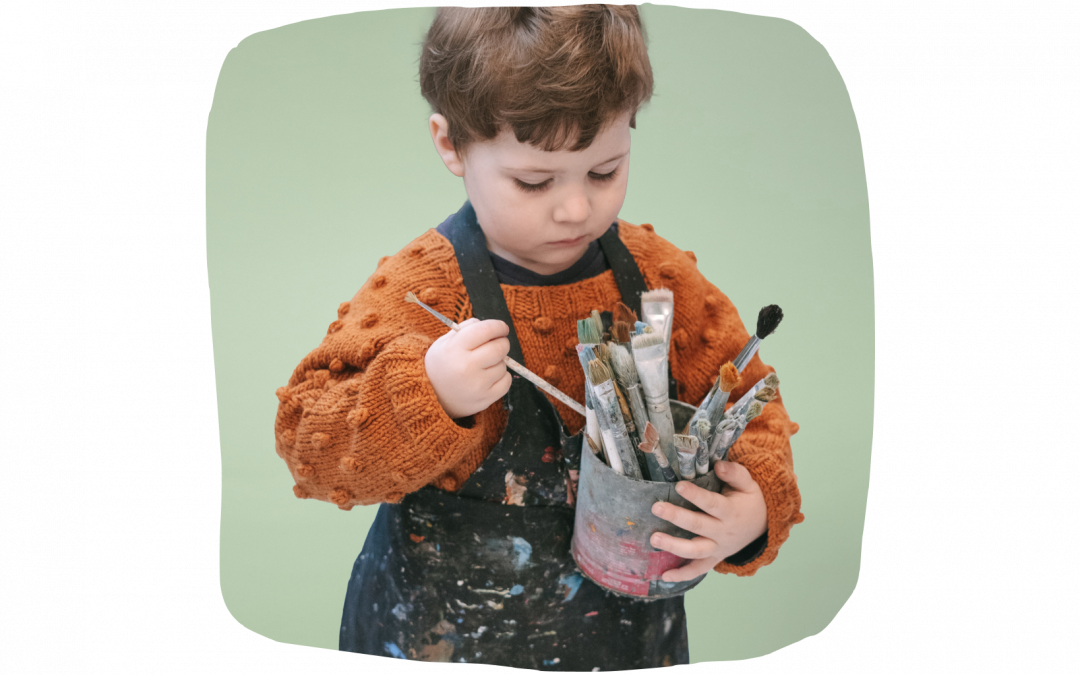Kids can benefit from playing independently. But what is independent play, and why is it important? In this article, we’ll explain the benefits of independent play for kids, share how to encourage your children to do it more often and give you a list of ideas for independent play for just about any kid.
What Is Independent Play?
Independent play is the act of playing without adult supervision, without rules, and without instructions. Independently playing kids are free to explore their environment with no specific purpose or task. They’re free to play however they choose—not just what adults tell them to do.
It’s important for children to have time to play independently because it helps them develop their imagination and creativity. This kind of freedom also allows children’s imaginations to grow while they explore the world around them in different ways than adults might expect or even notice! You’ll be surprised by how much even very young children can accomplish on their own!
Why Independent Play Matters
- Develops a sense of self. When kids play independently, they get a chance to try out new roles and experiment with different ways of being. They can explore their interests by pretending to be someone else or by acting out scenarios that may not be possible in real life — like flying or being on stage performing. The act of pretending helps kids understand how they fit into the world and what their role is in it.
- Helps kids learn to problem-solve and make decisions. Independent play gives kids opportunities to work out solutions on their own — without adult assistance — which fosters independence and self-reliance in them. This is especially important for preschoolers because they are just beginning to learn how to handle challenges on their own without becoming frustrated or overwhelmed by them.
- It sparks creativity and imagination. Independent play provides children with the opportunity to practice new skills, such as reading or writing, without feeling pressured by others who might be watching them do it wrong or give them negative feedback about it.
- Independent play helps kids learn about themselves and their interests. Kids who are allowed to play independently will often gravitate toward activities that interest them most — even if others don’t see it as “cool” or “fun.” The more time they spend doing what they love, the more likely they are to develop hobbies and interests that stay with them into adulthood (and may lead to future career paths!).
How to Build Independent Play Skills
Playing independently doesn’t mean you ignore your child. It means you give them the space to enjoy their own play — and a chance to grow. It gives kids the opportunity to explore their environment on their own terms — and find new ways of playing with objects they already know. Give kids time to play alone in a safe place where they won’t get hurt or mess things up too much. This might include an area in the house where there aren’t any breakable objects nearby or a special room set aside just for playing alone. It’s also important that your child has access to the right toys for independent play.
- Encourage kids to play with toys that are challenging. Children learn to use their physical and mental skills when they practice using their hands and fingers to manipulate objects, such as toys or blocks. These activities help children develop hand-eye coordination and fine motor skills, which they need for writing later on in life. Kids also learn more about cause-and-effect relationships when they use toys that are challenging but not too hard for them.
- Encourage kids to play with toys that are interesting. It’s important for kids’ development that they enjoy themselves while playing; otherwise they won’t want to do it! You can help encourage this enjoyment by choosing age-appropriate toys for your children and making sure that there are enough interesting things available for your child so they don’t get bored.
- Encourage kids to play with toys that are open-ended and diverse. Choose toys that don’t have fixed roles or actions — such as dolls, cars, animals and blocks — instead of toys that do the same thing every time. Using open-ended toys helps children come up with their own ideas and strategies for playing with them, which is essential for learning self-regulation skills such as planning, problem solving and persistence.
And finally, encourage them by showing interest in what they’re doing, even if you don’t understand it!
We hope this article has inspired you to take some steps towards encouraging your child’s independent play! Above all, remember that the core of encouraging independent play is to give kids time and space to learn and grow on their own. So make sure you’re setting boundaries in a way that doesn’t stifle your child—while still giving them lots of room to experiment and thrive. And hopefully, with practice and patience, your little one will learn how to play independently—and you can put this article behind you!







0 Comments